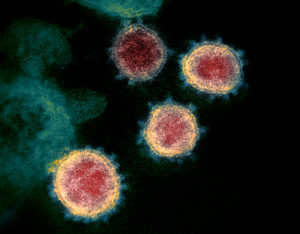 There is something easy you can do to make flu or COVID-19 vaccines that you receive even more effective. Get some exercise after the jab and the antibodies your bodies produce in the following month will increase. It's a way to get an extra immune boost.
There is something easy you can do to make flu or COVID-19 vaccines that you receive even more effective. Get some exercise after the jab and the antibodies your bodies produce in the following month will increase. It's a way to get an extra immune boost.
How much exercise? Iowa State Univ. researchers found that 90 minutes of light to moderate exercise (e.g. exercise bike or brisk walk) effective in boosting antibody production, but no benefit from 45 minutes of exercise or no exercise after vaccination.
The exercise should be started soon after getting the vaccination (in the study it was 30 minutes after getting vaccinated). By the way, the exercise did not increase vaccine side-effects.
From Science Daily: Exercise post-vaccine bumps up antibodies, new study finds
Researchers at Iowa State University found 90 minutes of mild- to moderate-intensity exercise directly after a flu or COVID-19 vaccine may provide an extra immune boost. ...continue reading "Exercising After Getting Vaccine Boosts Antibodies"

 There has been much concern with the persistence and lack of good treatments for persons with long COVID. This is when symptoms persist
There has been much concern with the persistence and lack of good treatments for persons with long COVID. This is when symptoms persist